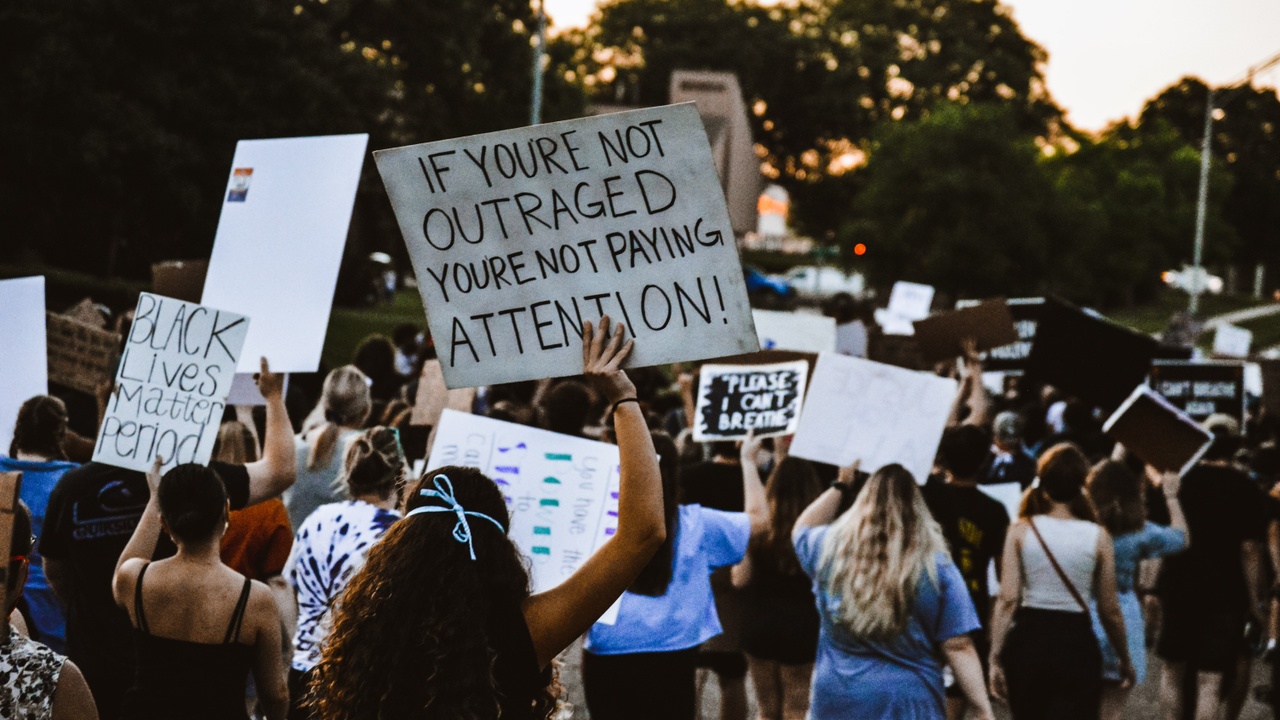
Sadly this week, I was reminded how anti-Blackness continues to be prevalent in the Asian community. The reminder came from Jennie, a new cast member of the ‘Real Housewives of Salt Lake City.’
She came on to the show with such promise as she has witty kids and a compelling story as a Vietnamese refugee. (Though her story has been doubted when her niece disputed her origin story.)
This past week, her 2020 Facebook posts during the height of the racial justice protests came to light. Her shared memes reek of anti-Blackness and Islamophobia. One particular meme stood out for me – it stated: “If you follow the officers’ orders, you won’t get shot.”
This shows utter ignorance of the reality that Black communities are policed more heavily by law enforcement. And that Blacks are ‘killed at a rate higher than their proportion to the national population.’
During the protests, I was hopeful – hopeful that our country would finally do the reckoning long overdue. To look at our history with clear eyes – to recognize that this country was built on racism and that the founding tenet that ‘all humans are created equal’ has not been met by a long shot.
When we have awareness, we do better. Or so I thought.
Sadly, our country is moving in the opposite direction, as evidenced by new legislation popping up around the country about not teaching history that makes white people uncomfortable.
A dear friend was recently fired from her job because she was pushing DEI (diversity, equity, and inclusion) efforts at her organization – she was making her boss ‘uncomfortable.’
Yet, it’s through the discomfort that we learn.
We all have biases. It’s what we do with the biases that matter, especially when we’re leading organizations and setting the culture.
We’re often unconscious of our biases – we simply react based on them without taking time to question our actions.
Part of my inner work journey was to unlearn my own anti-Blackness, a bias imprinted growing up in an Indian community.
My journey of unlearning continues because we’re swimming in the waters of systemic racism so it’s easy to unconsciously slide back into reactive mode.
We have an opportunity to choose differently in our interactions. I do believe that with awareness, we can do better.
I understand the daily pressures of nonprofit work with the endless funding deadlines, board requests, and being overextended.
Yet, it’s when we’re caught up in our to-do list that we go on autopilot of our biases.
If we’re working towards a just world, then it starts with us in how we manage our teams, how we treat our constituents, how we operationalize our values within our policies and programs.
It takes awareness and intention.
Questions to ponder, especially those of us leading diverse teams:
- Do we shut down conversations that make us feel discomfort or do we reflect on our reaction?
- Do we seek feedback from everyone or just from those we like or identify with more?
- Are we intentional about creating a sense of belonging in our organizations?
- How are we cultivating awareness on a daily basis?
I hope this inquiry sparks ah-ha moments and opportunities to shift.
We lost the great Thich Nhat Hanh, a Buddhist monk and peace activist, last week. I’ll end this week’s email with his words.
“The roots of discrimination, conflict, and war are not to be found outside us. They are within our own way of thinking and looking at the world. The real enemy is our ignorance, our attachment to views, and our wrong perceptions.”
Shalini

